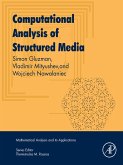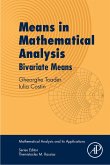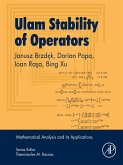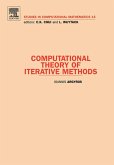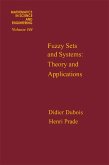Fuzzy Mathematics, Graphs, and Similarity Measures provides a solid foundation in core analytical tracks of mathematics of uncertainty, from fuzzy mathematics to graphs and similarity measures with applications in a range of timely cases studies and world challenges. Following a full grounding in fuzzy graph indices, connectivity in fuzzy graph structures, lattice isomorphisms, and similarity measures, the book applies these models in analyzing world challenges, from human trafficking to modern slavery, global poverty, global hunger, homelessness, biodiversity, extinction, terrorism and bioterrorism, pandemics, and climate change.Connections and constructive steps forward are tied throughout to UN Sustainable Development Goals (SDGs). The authors demonstrate and instruct readers in applying techniques from mathematics of uncertainty in examining issues where accurate data is impossible to obtain. In addition to a diverse range of cases studies, exercises reinforce key concepts in each chapter, and an online instructor's manual supports teaching across a range of course contexts. - Instructs on core analytical techniques of mathematics of uncertainty, from fuzzy graphs to similarity measures, with applications - Introduces lattice isomorphisms, fuzzy graph indices, and fuzzy graph structures as basis for analysis - Covers analysis and application across a range of world challenges and SDG aligned topics, from human trafficking to modern slavery, global poverty, global hunger, homelessness, biodiversity, extinction, terrorism and bioterrorism, pandemics, and climate change - Includes cases studies and student exercises across each chapter, as well as an online instructor's manual
Dieser Download kann aus rechtlichen Gründen nur mit Rechnungsadresse in A, B, BG, CY, CZ, D, DK, EW, E, FIN, F, GR, HR, H, IRL, I, LT, L, LR, M, NL, PL, P, R, S, SLO, SK ausgeliefert werden.




